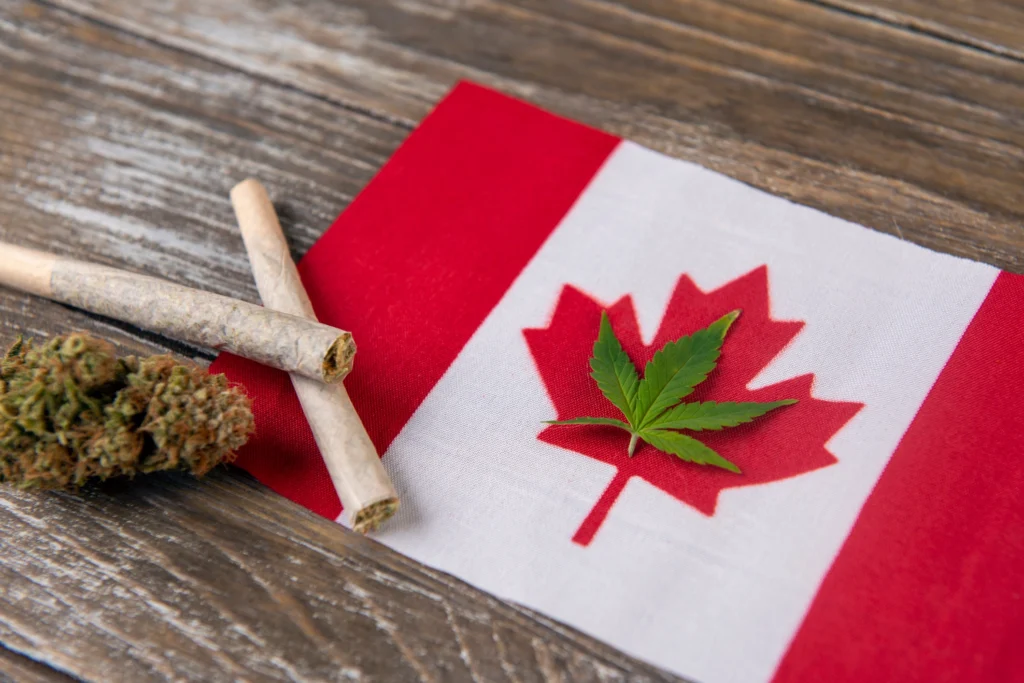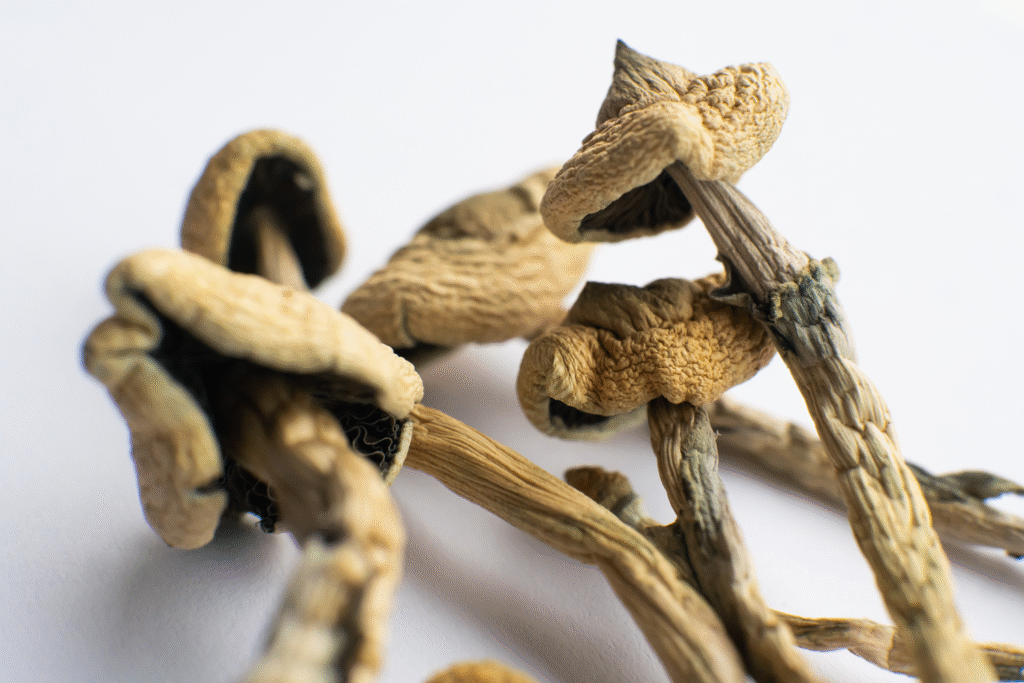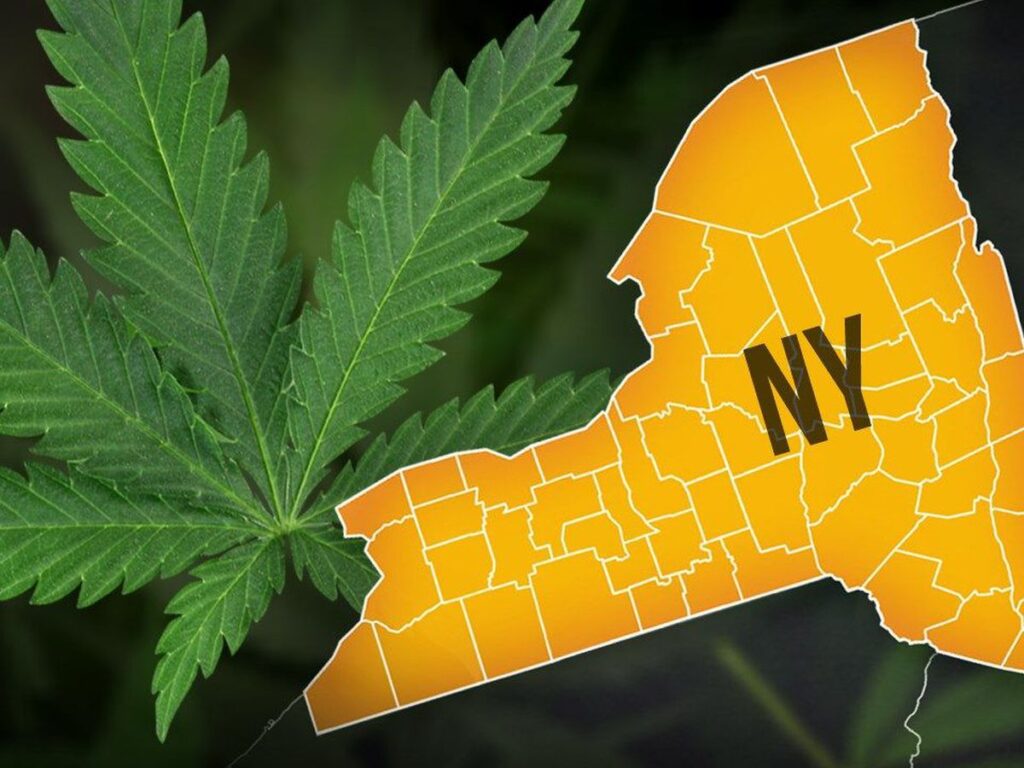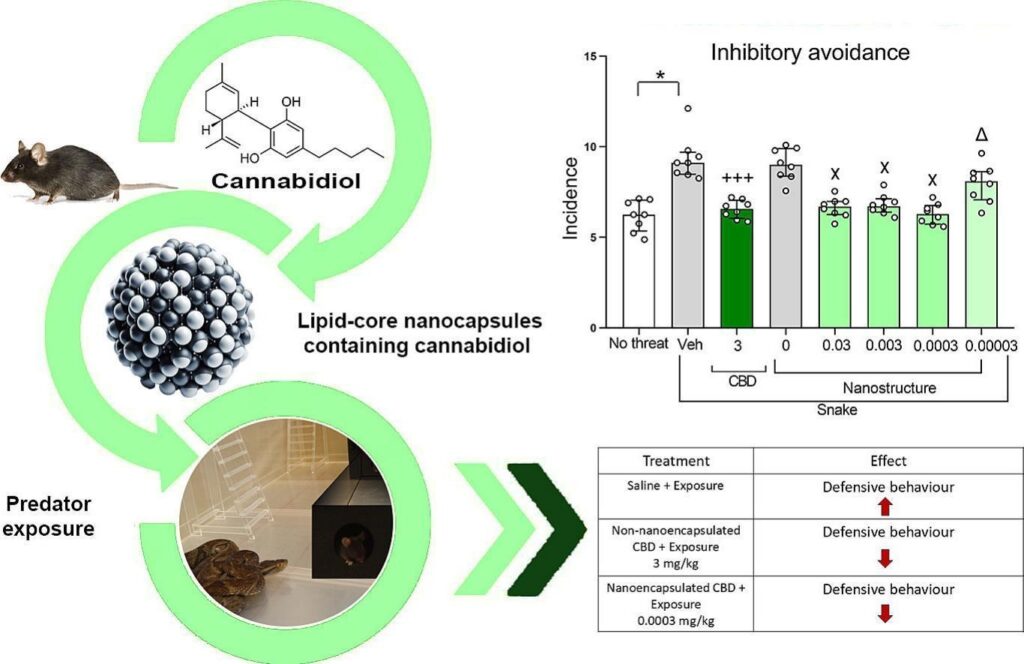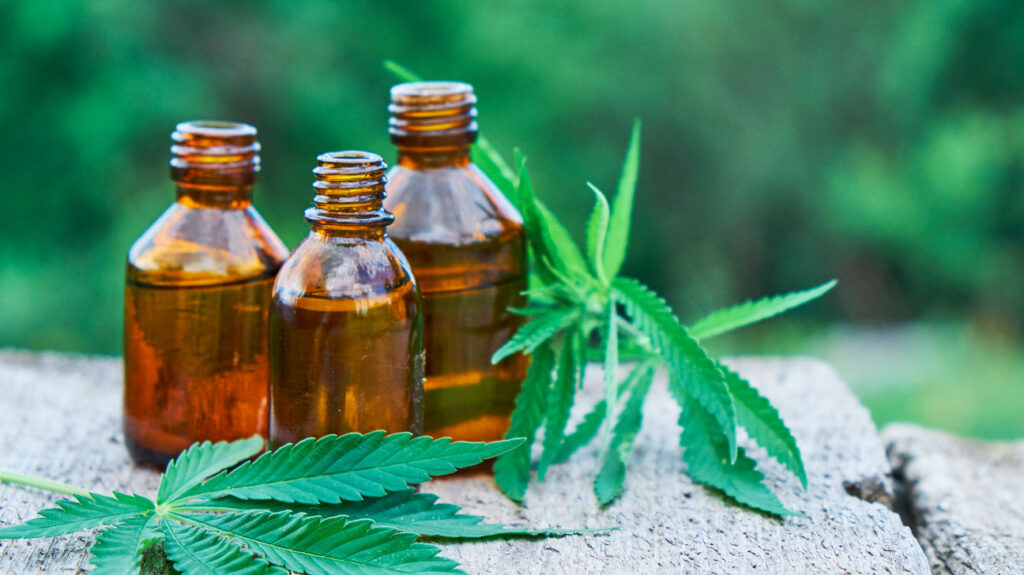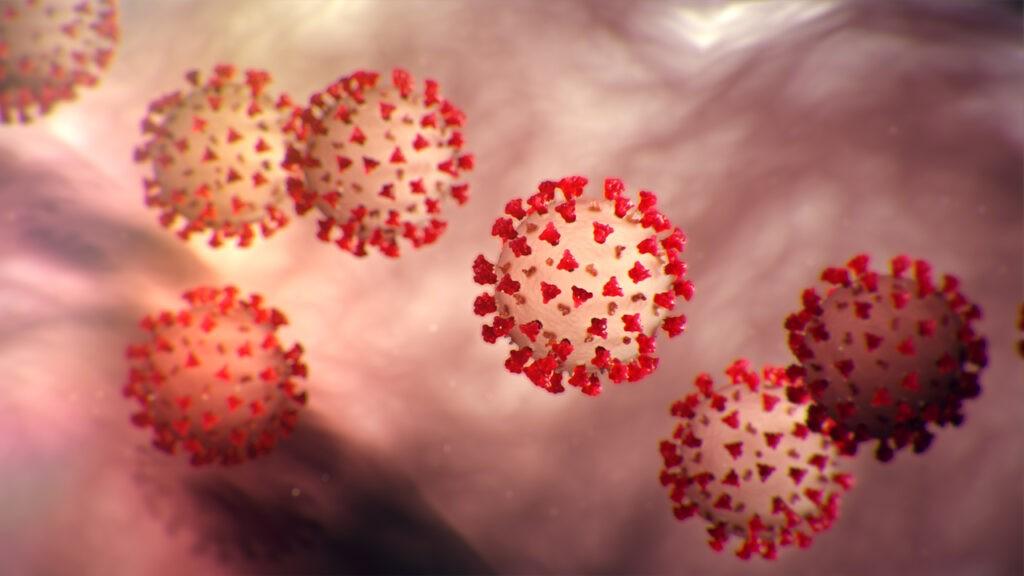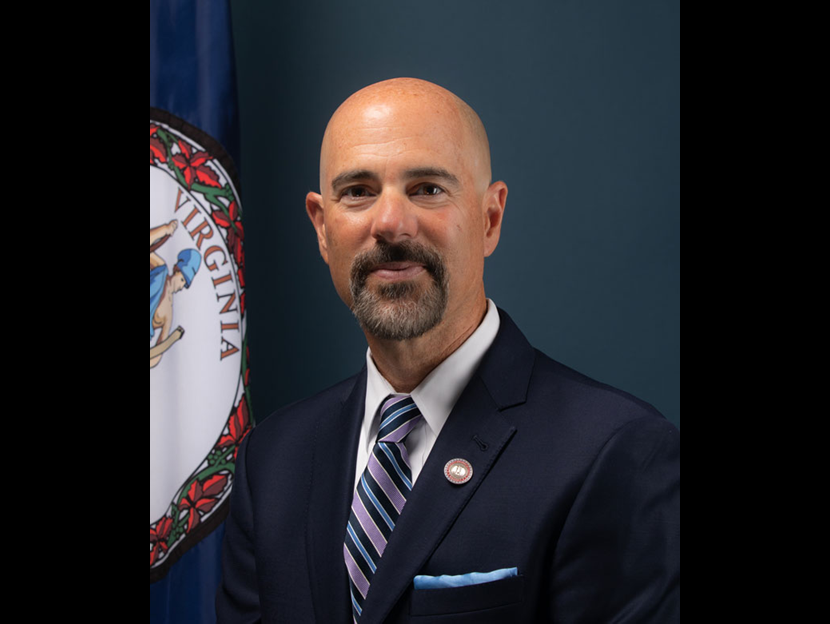A measure to tighten Oklahoma’s medical marijuana packaging and labeling rules has become law without the signature of Governor Kevin Stitt.

Senate Bill 518 passed the Senate in March with a 36 to 7 vote, followed by overwhelming approval in the House in April by a vote of 81 to 2. After being sent to the governor’s desk, the bill was neither signed nor vetoed within the constitutionally required timeframe, allowing it to automatically become law.
The new law, which takes effect November 1, 2025, makes several significant changes to the way medical marijuana products must be packaged and labeled. It requires containers to include prominent warnings, including statements such as “For use by licensed medical marijuana patients only,” “Keep out of reach of children,” and “It is illegal to drive a motor vehicle while under the influence of marijuana or marijuana products.”
The law also mandates that labels warn against use during pregnancy and confirm that the product has been tested for contaminants. All packaging must be child-resistant and avoid imagery that appeals to minors, such as cartoon characters. Any health claims are explicitly prohibited.
Additionally, the law prohibits branding that may cause confusion with federally trademarked products and authorizes the Oklahoma Medical Marijuana Authority’s executive director to establish minimum standards for labeling, including cannabinoid potency and terpenoid content.
Dispensaries will be required to return or dispose of any products that do not comply with the new requirements and must place purchased items in an “exit package” at the point of sale.
SB 518 marks another step in Oklahoma’s ongoing effort to tighten oversight of its expansive medical marijuana system.



